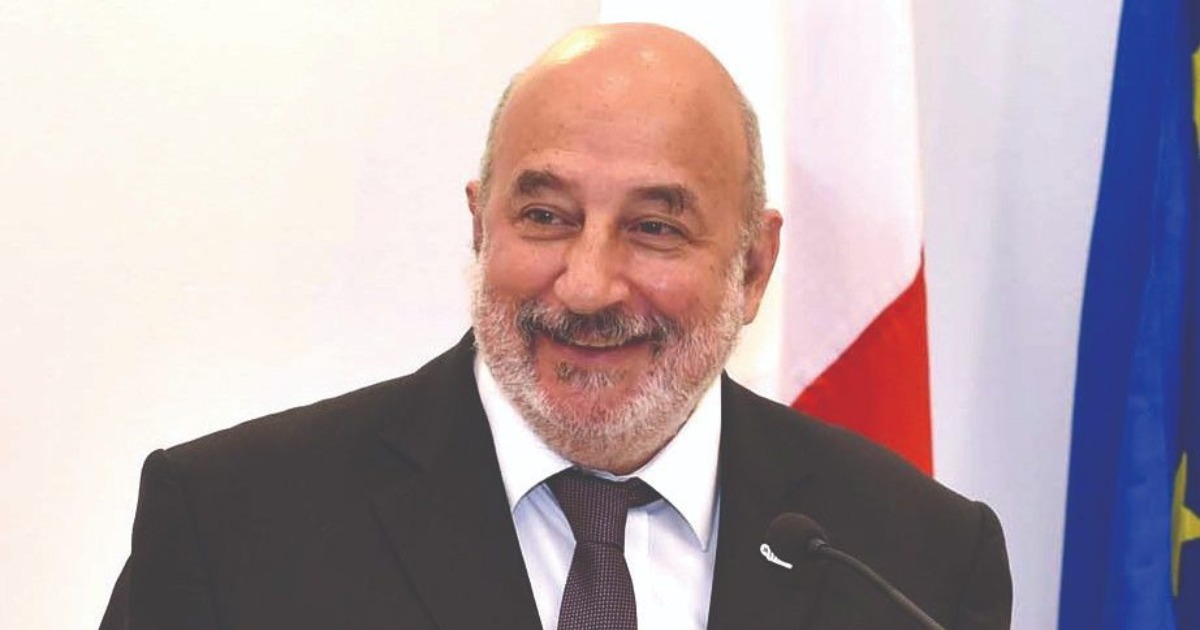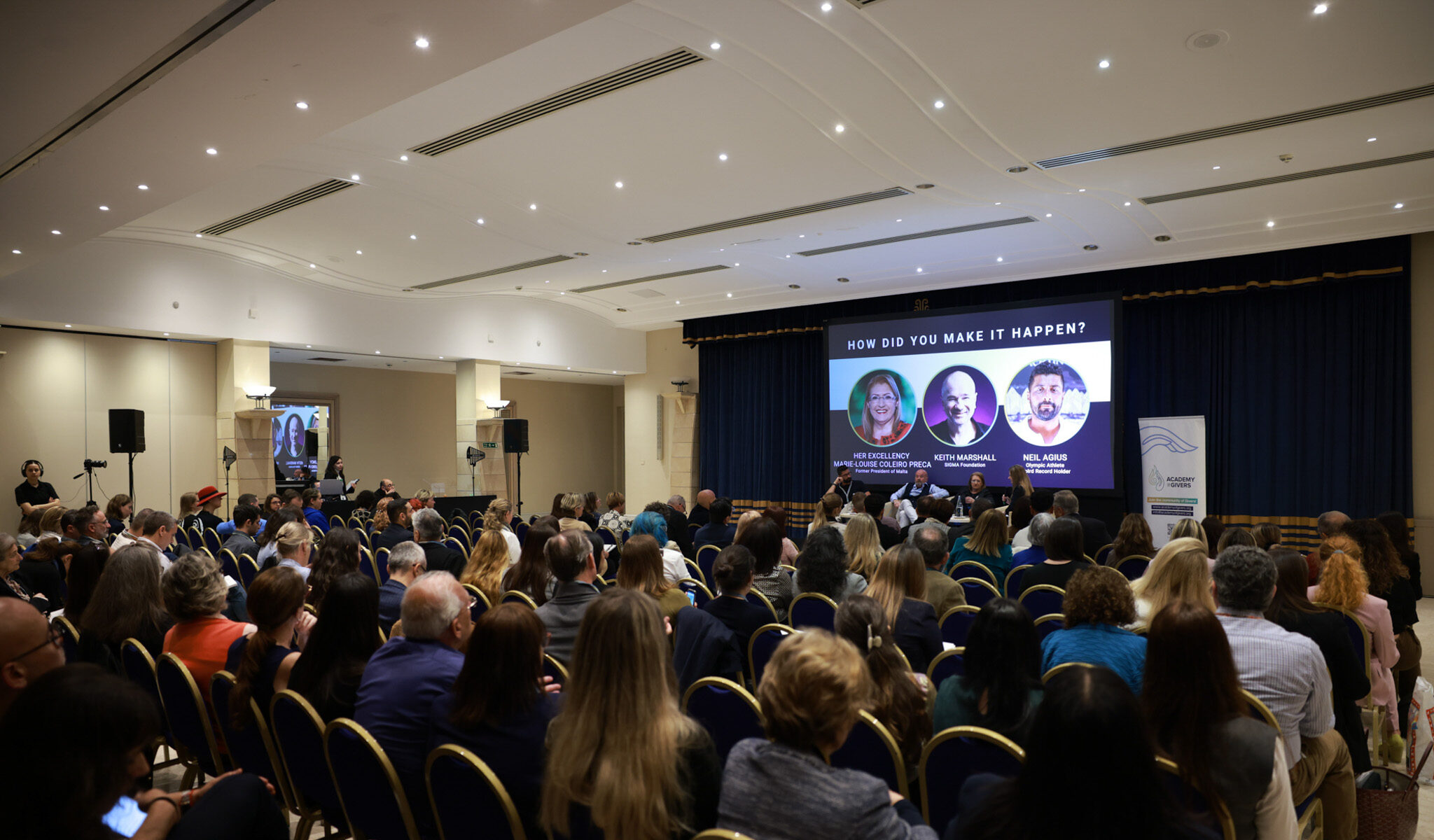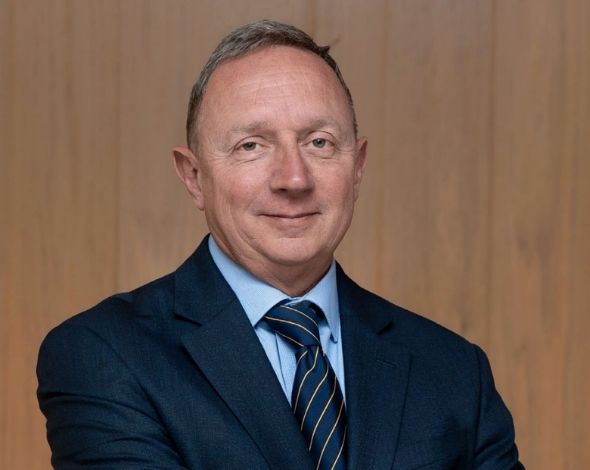In a strident defence of the power of private enterprise to fuel society’s progress, Malta Employers’ Association delegate Joseph Farrugia insists that “decent and productive work does not just happen.”
Rather, it is “the result of enterprise and initiatives undertaken by the private sector,” for it is “through sustainable enterprise and job creation that people can aspire to a better life and to fulfil their potential as productive persons.”
Indeed, “the private sector is a major source of innovation and technological change which brings about upskilling and value added, leading to better conditions of employment.”
These comments were part of his address to the International Labour Conference, and were meant to draw attention to the “lopsided” approach wherein the private sector’s recognition as a primary productive force is often below that of government and workers.
“This lopsided approach creates an imbalance in the social dialogue process, and through it, the stability of a social contract,” he told attendees.
Mr Farrugia argued that “the societies that register the most sustainable progress are the ones that are the most adaptable to a changing economic, social, and technological environment.”
He continued: “This is perhaps more applicable to small countries, like Malta, that are dependent on international developments over which they have scarce opportunity to influence.”
Central to this adaptability, he said, is social dialogue, “the force that provides societies, at national and international level, with the drive and vision for positive change.”
Mr Farrugia said that, in Malta, “social dialogue has been active in opening the economy to new forms of employment relationships whilst safeguarding employee’s rights. There was also consensus to revise the minimum wage.
“This is being achieved with full participation of employers in our social dialogue structures. It also reflects a desired transition towards a flexible labour market which complements the restructuring of the economy towards higher value-added activities that make it less dependent on the importation of low paid labour.”
Academy of Givers to host fifth Annual Conference and Impact Fair in March
The event will answer how usinesses, NGOs, philanthropists and institutions can work together to strengthen Malta’s social and environmental resilience.
Malita Investments’ Chief Operations Officer resigns
Amanda Desira was named COO of the listed company in August 2024.
AX Group CEO says 70% of Verdala Terraces already sold
Michael Warrington says the quick demand for these properties reflects the high standards of the development.
Malta Bankers Association names Izabela Banas Deputy Chair
She has 18 years of experience in financial services.









